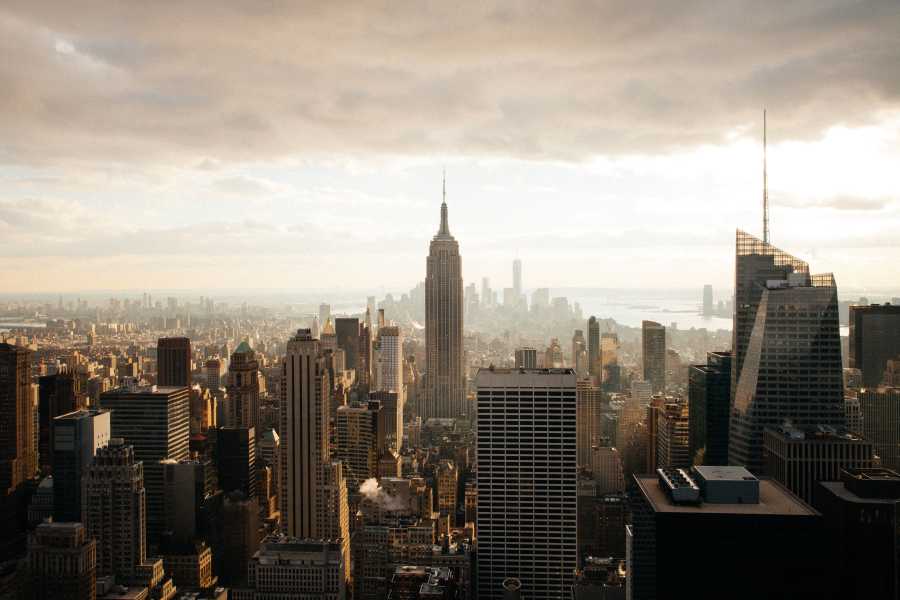For three generations, the Korean Peninsula has been muddled in stark differences. When I was 10, the only difference I knew was in the land’s geographical split between north and south, and that Pyongyang and Seoul were too hard to pronounce. Today I am more aware of how different the two countries are in heart and mind. I am interested in the former due to its contrast to capitalism and democracy, while the latter provides a model of what we here in the United States value: democracy and individualism.
The Democratic People’s Republic of Korea, more commonly known as North Korea, possesses a nucleic system of government that resembles the red days of its old counterpart, the Soviet Union. The country values its supreme leader and the idea of juche (self-reliance), which has consecrated its history as one of isolationism and totalitarianism (Juche Ideology). I have read articles about the vile treatment in which the masses are subjected to; the lack of food that leads to starvation or even the limited array of haircuts one is allowed to have. The restrictions of life that I would never experience here in America, where I find great importance in my choices and freedom to do, to act, to think and say, are all on my own accord but are deemed punitive there. A North Korean life is one I cannot see with color and emotion. It is dry, gridded, and hyper-uniform. It is a price I’m not willing to pay. Yet despite what I consider to be inhumane and asphyxiating, or what the democratic countries consider likewise, in my eyes, North Korea is doing the right thing.
Shocker, but it’s true. I have come to the conclusion that although the DPRK resembles a fascist and tyrannical empire, the accusations I or anyone has towards them are not ours to make, of course, within reason that we are in fact closing our politics to limits according to our politics only. In the most vast sense, how open we can be to understand their side is best articulated in Edward Said’s “The Politics of Knowledge”, an essay he composed as part of a grander analysis of social theory published in 2000. In his work he describes the necessity to allow ourselves to be vulnerable to works of literature of different cultures and to translate that immersion into comprehension (Said). With that same openness, I have assured myself that albeit North Korea is criminally charged as being one of the malevolent empires of the past 70 years, the notion is merely my disapproval of the reality of history and its workings in the present and its premonitions of the future. Had the northern half of the peninsula not been given to the Soviets after Japan had surrendered the territory in 1945, things would be different. It is a commonality to dispute the differences in our world because without them we would fall right under the very concept we are against in North Korea: uniformity to a grand extent. There is the possibility of unity in our world today, but I have the realization that the time hasn’t come, or in actuality, that there are varied perspectives on how to achieve unison for all.
The way in which the DPRK was created and developed its ideology is peculiar to say the least. Its roots can be traced to communism and socialism, which are systemized to create equality in the economy and an uprising of the lower class as the only primary class of society. The most capable persons are dictated the powerful positions of ensuring equality and a utopic society. Yet when I look at the official name of the country, I can’t help but be confused. The Democratic People’s Republic of Korea? In what sense is democracy exercised in so limited the freedom that is offered? I discovered the answer in another one of Said’s ideas, that upon a victorious movement in the country, one that liberates the people of another country’s control, that the social consciousness of the land may fail to be upheld and thus result, even despite the objective of achieving equality and “democracy” for all, a paradoxical system of government that we see today, in which the ideology wants what is best for its country, a democracy, but in actuality fell far too left on the political spectrum and has scrutinized the freedom into one of severe socialism. With this system, the individual isn’t valued, which I or any capitalist individual would dissent, but it is still in the ends of creating a democracy and equality for all nonetheless, despite the means to which it is achieved. In other words, as described in an article by Antonia Blumberg of HuffPost, “The state, its leaders and its political vision come before the interests and identities of individuals.” (Blumberg). However controversial this ideology and government may be, it is still one with a purpose of betterment for its people in the long run. With that in mind, that’s why I believe North Korea is doing the right thing.
The lack of soul that North Korea exhibits is found in its treatment of its people and its totalitarian style of work, yet deep down inside I have the feeling that it’s just a difference that I and many others are unused to.
Works Cited
Blumberg, Antonia. “How North Korea’s Political Ideology Became A De-Facto Religion.” The Huffington Post, TheHuffingtonPost.com, 27 Apr. 2017, http://www.huffingtonpost.com/entry/how-north-koreas-political-ideology-became-a-de-facto-religion_us_58ffaf4ee4b091e8c711108e. Accessed 6 Oct. 2017.
Google Images.
“Juche Ideology.” Juche Ideology, www2.law.columbia.edu/course_00S_L9436_001/ North%20Korea%20materials/3.html. Accessed 6 Oct. 2017.
Said, Edward W. “Reflections on Exile and Other Essays.” Harvard University Press, 2000. Accessed 6 Oct. 2017.

